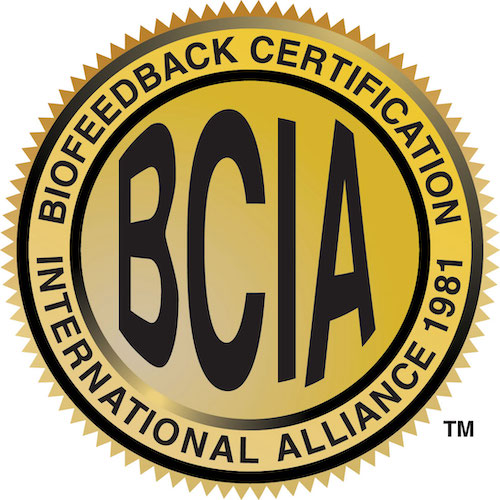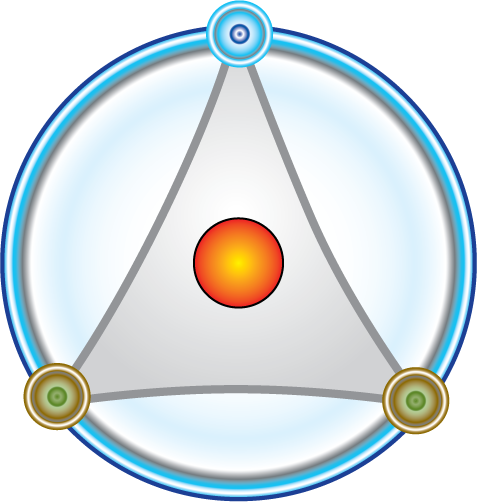Biofeedback Professional Education
The BCIA (Biofeedback Certification International Alliance) was created in 1981 with the primary mission to certify individuals who meet education and training standards in biofeedback and progressively recertify those who advance their knowledge through continuing education.
BCIA requirements for biofeedback certification are:
- Human anatomy/physiology course
- 42 hours of didactic biofeedback education
- Mentoring / practical skills training
We offer part 2 en 3. To fulfill the first requirement you can choose an online anatomy/physiology course offfered by Biosource or any other anatomy/physiology course. The Essential Skills List, as found in the Biofeedback Mentoring Handbook, is to be used as a way to test your knowledge.
After completion of the above, the next step is to complete the “application form” and to pass the BCIA certification exam.
Read about the full certification process on the BCIA biofeedback certification website..

BCIA biofeedback online didactic training course
- online course
- 1 year access
- including 30 minutes of mentoring
€ 375
BCIA biofeedback didactic training course, 42-hour online self-study, covering all items of the BCIA blueprint of knowledge.
Course content:
- Orientation to biofeedback
- Evidence-based practice in biofeedback
- Psychophysiological recording
- Stress, coping and illness
- Principles of biofeedback training
- Surface EMG applications
- Respiratory biofeedback applications
- Autonomic nervous system biofeedback assessment
- Autonomic nervous system biofeedback applications
- Professional conduct
Included in this course are 30 minutes of mentoring by Daniëlle Matto, BCIA approved mentor for general biofeedback and Heart Rate Variability biofeedback.
Mentoring / practical skills training
online via Zoom
€ 45 per 30 minutes
Attending the 42-hour biofeedback didactic course is the first step in becoming a biofeedback therapist. Your journey continues when you start practicing biofeedback yourself and when you start working with clients. Mentoring helps you to improve your skills and knowledge during your learning process of becoming a biofeedback therapist.
Mentoring is possible when you have a basic level of competence with the equipment and some experience in personal biofeedback training. Mentoring involves discussion of your personal biofeedback training and your biofeedback training of others. Mentoring does not involve working on equipment issues or technical support.
Mentor: Daniëlle Matto, BCIA approved mentor for general biofeedback and Heart Rate Variability biofeedback.
To fulfill the requirements for BCIA certification 20 hours of mentoring are required.
